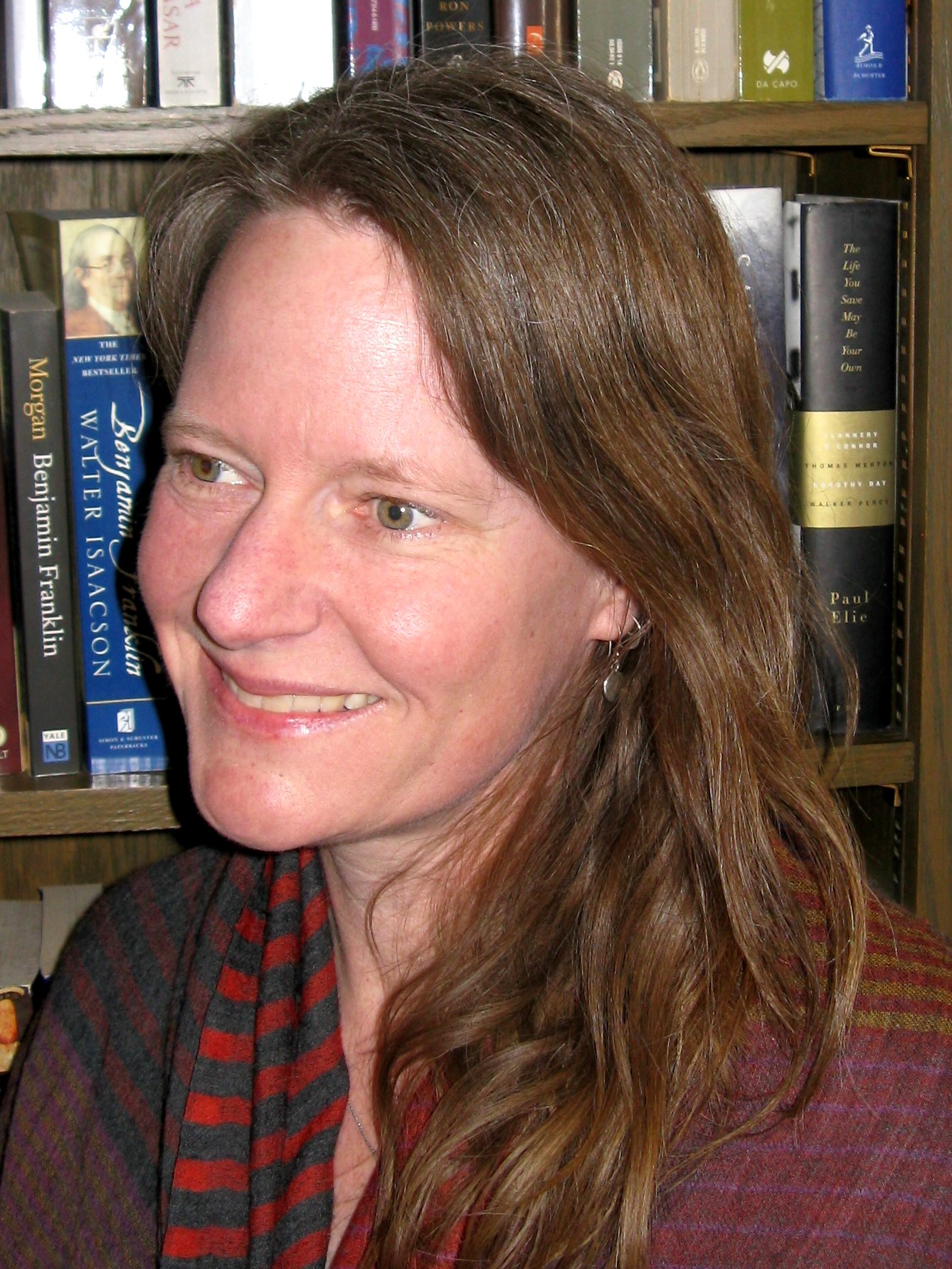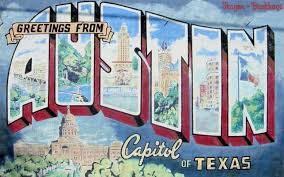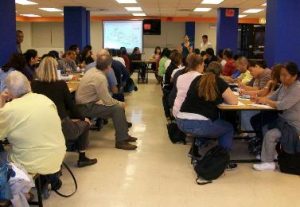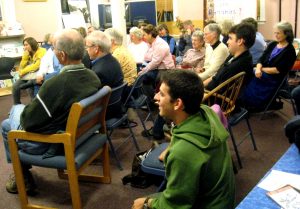Get Involved, Sister Cities
What does being a “national member” of the Sister Cities Network mean?
Sometimes people fall in love with the relationship our network has had with CRIPDES and El Salvador for many years. Sometimes they join a Committee in the U.S. to remain engaged in dealing with the problems El Salvador still faces, even though it’s a country that is no longer of importance in the international news. Sometimes people find they don’t have a Committee near-by to join. Then, they realize they can become “national members” of our network.
One national (and board) member is Molly Todd. She now shares how she first connected with us and the things she has been able to do and support us with.
I began accompanying the Madison-Arcatao Sister City Project (MASCP) in 1999, shortly after I arrived to the University of Wisconsin to pursue my PhD in Latin American History. Because I had done some research on the Salvadoran civil war for my master’s thesis elsewhere, one of my mentors at UW, Steve Stern, introduced me to some of the movers-and-shakers of MASCP. I volunteered with them for years, doing many different things including helping to organize and maintain the MASCP and National Office records, translating letters and documents, interpreting, assisting with events, etc. I was inspired by the relationships that the Salvadorans and US Americans had established over decades, and how they worked together to promote equity and many social justice and environmental causes in their local, national, and global communities.
These stories ended up guiding my dissertation research and first book project. They continue to inspire me both personally and professionally to this day. After finishing my degree in 2007, I remained in contact with MASCP, the larger network of US-El Salvador Sister Cities, and CRIPDES, the sister organization in El Salvador. I have participated in National Gatherings in different US cities as well as sistering summits in El Salvador. After proposing a collaborative historic memory project to the Sister Cities Board of Directors in 2014, I was promoted into a new position as the network’s “adopted historian.” Since then, I have been helping to facilitate the collection and preservation of historic documentation from Sister Cities founders and participants. These photos, drawings, documents, and audio-visual recordings offer such rich insights into grassroots activism and citizen diplomacy from the cold war to the present. We have much to learn from these records!
WHAT MOLLY IS DOING NOW
Along with many students, colleagues, and friends in El Salvador and the United States, I am using these historic materials in exhibits, workshops, and other events. Through these events, we are learning and sharing important new information not only about war and its legacies, the spirals of migration, and the negative consequences of many US policies in El Salvador and Central America more broadly—but also the amazing grassroots organizing and human rights activism that average folks in both countries have been doing for decades.
These are just a few of the great opportunities I have had over the years with the Sister Cities network. Please get in touch with me if you have an interest in learning more about how you might be able to apply your interests in history, journalism, interpretation and translation, scholarly research, writing, art, climate and the environment, or migration and refugee policies.
If you’re also interested in becoming a national member, let us know.




